Do I need to replace an electric car battery?
Despite the indisputable environmental impact of continued use of non-sustainable fuel types, there is still some concern about making the switch to electric. Considering the fact that the battery does all of the work in an electric vehicle (EV), it is understandable that drivers looking to make the switch are concerned about EV battery life.
After all, having to replace the battery every couple of years would be incredibly expensive. There seem to be a lot of myths surrounding EVs and it’s time you knew the facts so you can make an informed decision.
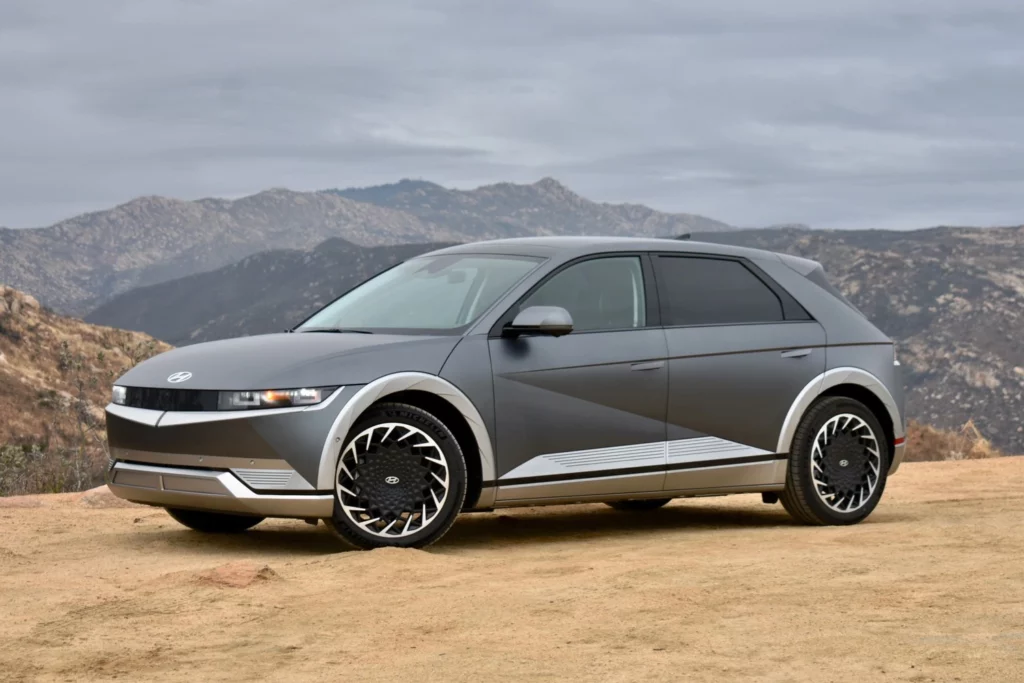
What is the difference between petrol cars and electric vehicles?
The obvious answer would be the fuel they use and yet that really isn’t all. One myth about EVs is the fact that they are the same as their internal combustion engine (ICE) counterparts and that simply isn’t true.
ICE vehicles have a lot more components than EVs and require a lot more maintenance. Because of the high number of moving parts needed in an ICE, these vehicles are much more prone to wear and tear whereas EVs are simplified meaning there is less chance of you breaking down.
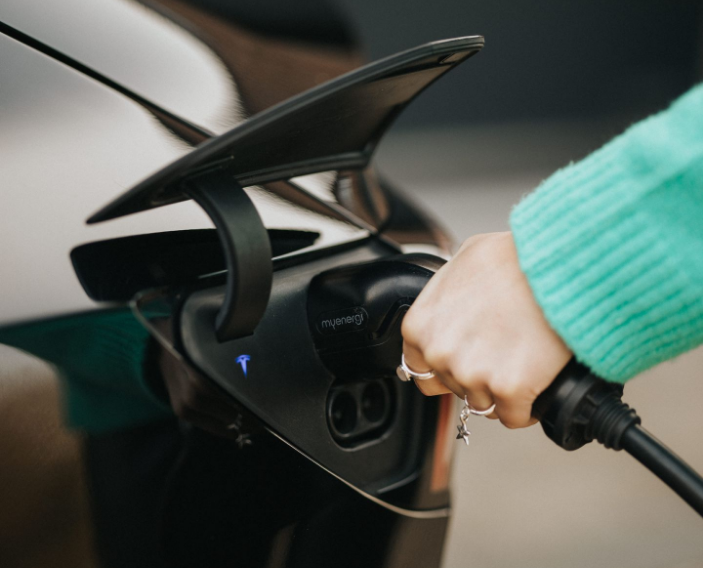
Is charging an EV like charging a mobile phone?
This is one is kind of true. Yes, your EV battery is much larger than the one you might find in your phone yet every time you charge your battery you are slightly depleting the longevity.
When your battery is depleted and you recharge it, this is known as a cycle of discharge. As with your phone, the battery will be a little less effective each time although it won’t deplete anywhere near as quickly as the battery of your mobile.
How can I improve my EV battery lifespan?
One of the simplest ways to ensure your battery lifespan is to just not let your EV hit zero. Regularly topping up your battery rather than draining it completely between each connection, will ensure its lifespan. The easiest way to do this is to have a home charger like the zappi which you can plug your EV into daily like you might your mobile phone overnight.
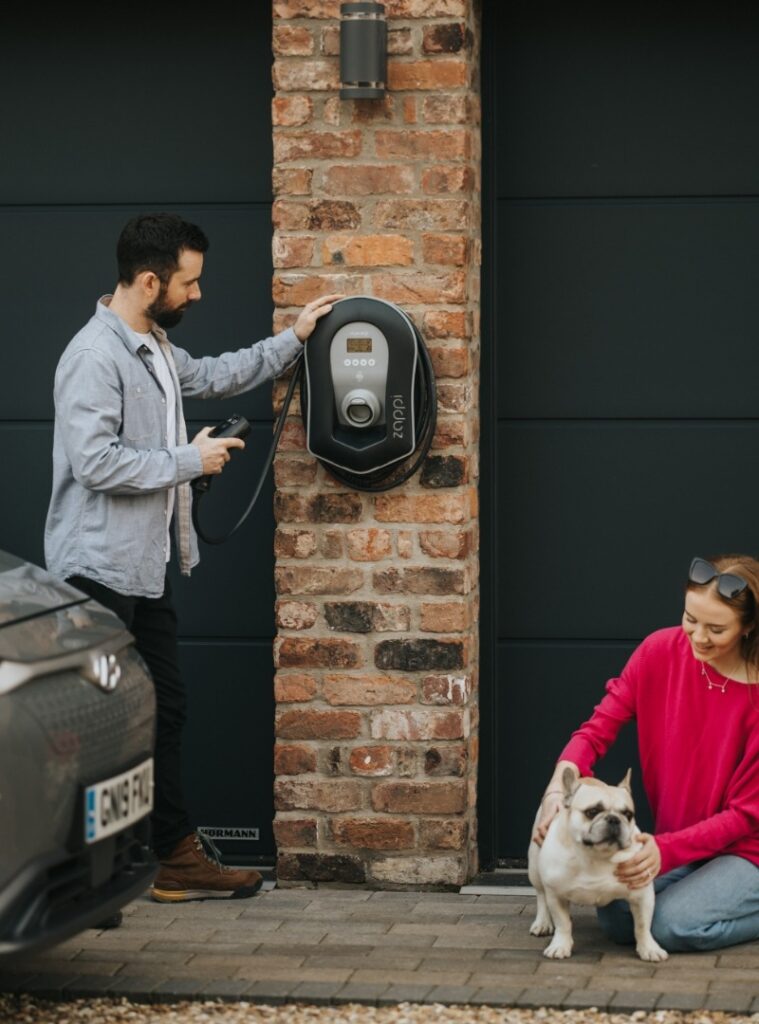
Here are some other tips to avoid lowering the lifespan of your battery:
- Avoid using a Fast Charge mode unless you absolutely have to. Fast Charge sends electricity to your battery very quickly and, although convenient for you initially, it is causing your battery to work much harder.
- Keep your EV battery charged between 20% and 80% at all times.
- Try to keep your EV out of extreme temperatures when parked. We know this one isn’t always possible; however, choosing to park in the shade on a hot day or in a garage will help the battery lifespan.
- Drive slower. For many EVs on the market, they have incredible 0-60 speeds even compared to their petrol counterparts but that doesn’t mean you should test this all the time!
- Give your battery a break before charging. It’s so tempting to plug in and start charging the second you can, but letting your battery cool down first will be beneficial in the long run.
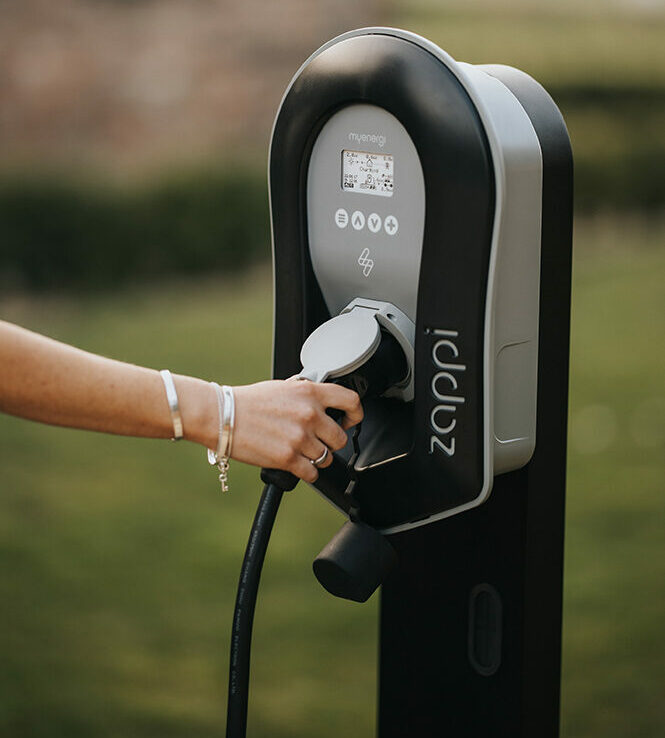
Do EVs have the same warranty as ICE vehicles?
In most cases, each car manufacturer has its own warranty usually set to cover mechanical faults within the first few years (or first however miles). This is still the case with EVs. However, there is usually an additional clause which is solely for the battery.
In many cases, this is considerably longer and some EVs (like the Porsche Taycan) offer a warranty which not only covers the battery function but also insures it against dropping below 70% of its initial charging capacity. On average, you’ll find most EV batteries come with a 5 to 8 year warranty and state their batteries will last around 100,000 miles.
In all honesty, most EV batteries are predicted to have a lifespan of at least 10 to 20 years. This is pretty impressive considering how new the technology is and the positive environmental implications of owning an EV.
Recycling your EV battery.
When the time does eventually come for you to replace your EV battery, you might find yourself worrying about the environmental impact of getting rid of the used battery. Yet EV batteries are greener in more ways than you would expect.
Once your battery is no longer suitable for your EV and you’re in the process of replacing it, you can recycle your battery to be used in your home. EV batteries, even when not running at the most optimal capacity, are the perfect home storage system for any energy generated from your home solar panels.
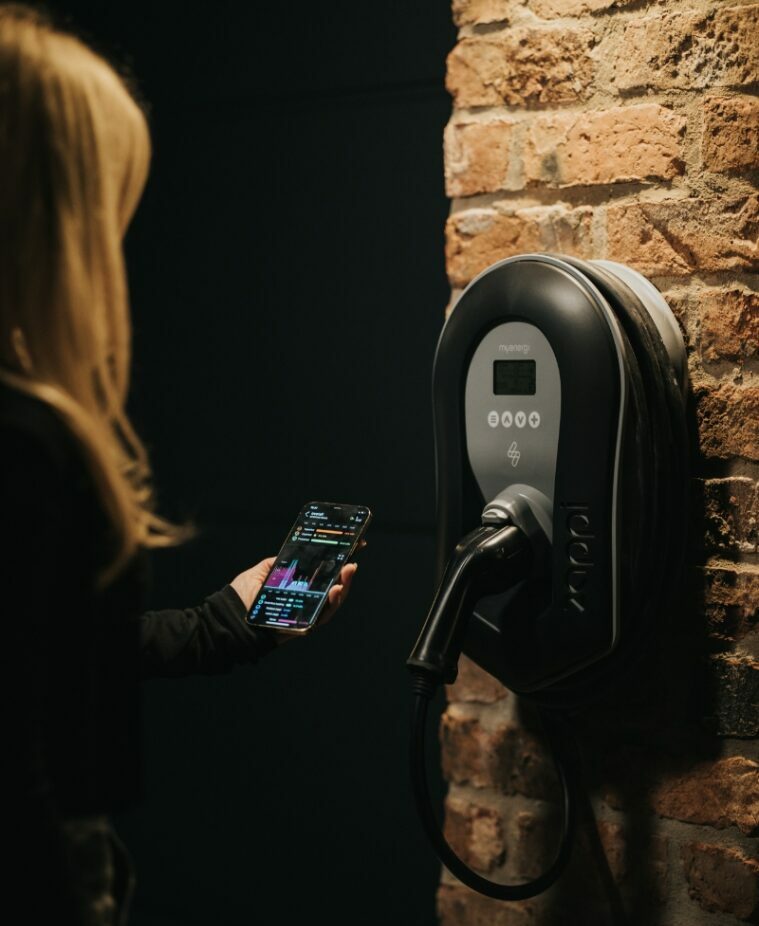
Is switching to an EV expensive?
If you’re in the market for a new car you might see a slight discrepancy between the cost of a brand-new EV and a brand-new ICE vehicle even when looking at like-for-like cars. Don’t let this put you off choosing EV.
Not only is choosing an EV a great choice for the environment, but it will also save you money in the long run. The motor tax for an EV is currently €120 per year which puts all EVs into the cheapest tax band which is an annual saving of at least €50 depending on the engine size.
Charging your EV battery at home has never been simpler or cheaper. By using zappi to charge your EV with excess solar energy from your home panels or utilising a flexible tariff to charge your EV battery at the cheapest times, you’ll be saving money. Even just using electricity from the grid will save you up to 60% on costs every single month.
There has never been a better time to switch to EV.

 libbi
libbi